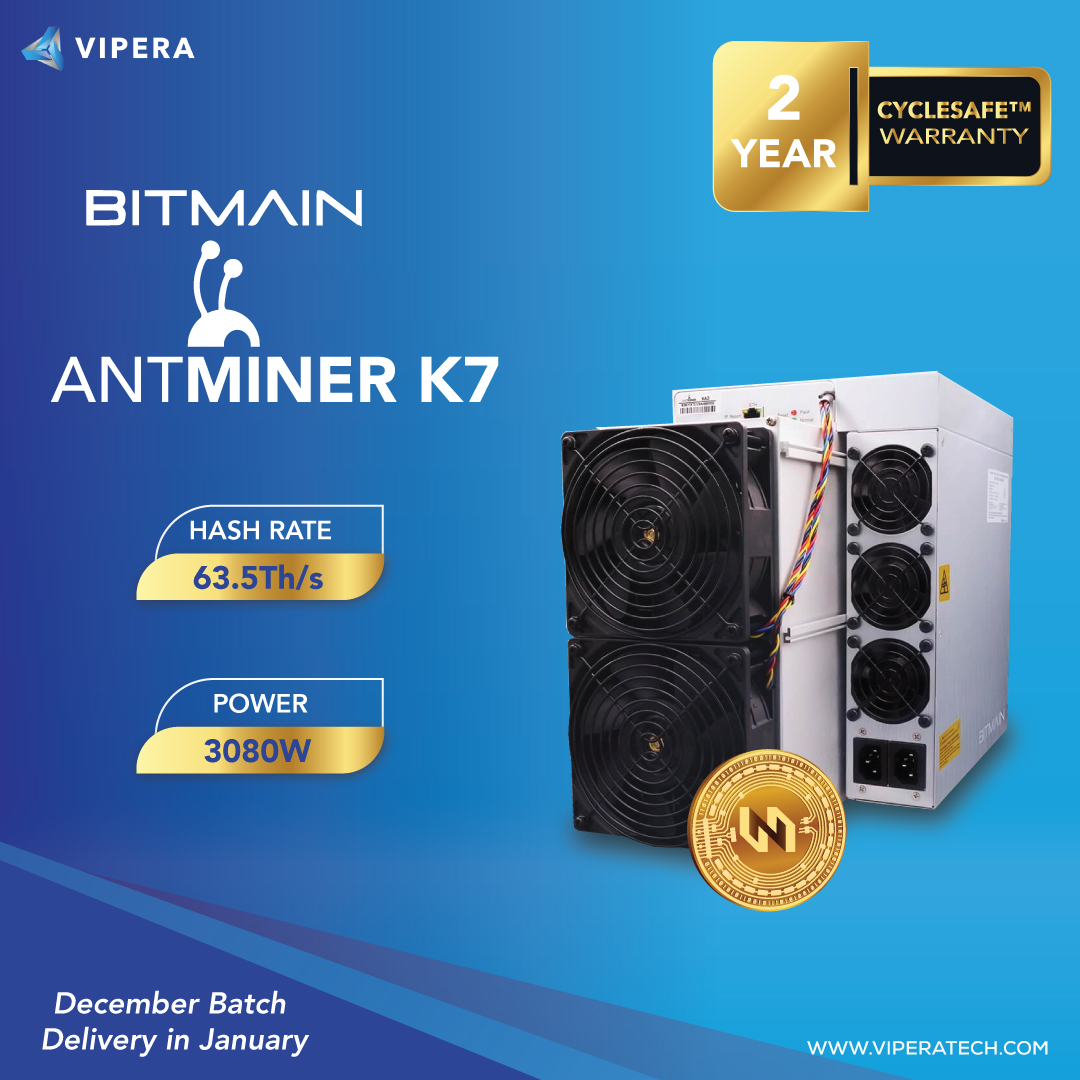Introduction:
Education is the cornerstone of human development, a powerful catalyst that unlocks the potential within individuals and societies. It is a dynamic process that extends beyond the confines of classrooms, encompassing formal and informal learning experiences that shape our perspectives, skills, and understanding of the world. In this article, we delve into the multifaceted nature of education, its impact on personal and societal Kristen Yusuf, and the evolving landscape of learning in the 21st century.
The Holistic Nature of Education:
- Formal Education:
- Formal education, often institutionalized and structured, provides a foundation of knowledge and skills. From early childhood education to higher learning institutions, it equips individuals with the tools needed to navigate diverse academic fields.
- Informal Learning:
- Informal learning occurs throughout life, outside traditional educational settings. It includes self-directed exploration, experiential learning, and the acquisition of skills through real-world experiences. Informal education is equally vital, fostering creativity, critical thinking, and adaptability.
- Lifelong Learning:
- The concept of lifelong learning emphasizes that education is a continuous journey, not confined to a specific period. In a rapidly changing world, individuals must embrace ongoing learning to stay relevant personally and professionally.
Education’s Impact on Individuals:
- Empowerment:
- Education empowers individuals by providing knowledge and skills, fostering self-confidence and autonomy. It serves as a powerful tool for personal development, enabling individuals to make informed choices and contribute meaningfully to society.
- Social Mobility:
- Education is a key driver of social mobility, breaking down barriers and providing opportunities for individuals to transcend socio-economic constraints. Quality education serves as a bridge to a more equitable and just society.
- Global Citizenship:
- In an interconnected world, education promotes global citizenship by fostering an understanding of diverse cultures, perspectives, and global challenges. It instills values of tolerance, empathy, and cooperation.
Education’s Role in Societal Progress:
- Innovation and Economic Growth:
- Education fuels innovation and economic growth by cultivating a skilled and knowledgeable workforce. Nations that prioritize education are better positioned to adapt to technological advancements and compete in the global economy.
- Social Cohesion:
- Education plays a crucial role in building social cohesion by fostering a sense of community and shared values. Inclusive and accessible education contributes to a more harmonious and united society.
- Addressing Global Challenges:
- Education is a potent instrument in addressing pressing global challenges, from poverty and inequality to climate change. Informed and educated individuals are better equipped to contribute to sustainable development and positive change.
The Evolving Landscape of Learning:
- Technology in Education:
- Technology has transformed the education landscape, offering new avenues for learning. Online courses, virtual classrooms, and educational apps provide flexible and accessible learning opportunities.
- Skills for the Future:
- As the nature of work evolves, there is a growing emphasis on developing skills such as critical thinking, problem-solving, and digital literacy. Education must adapt to prepare individuals for the demands of the 21st-century workforce.
Conclusion:
Education is a dynamic force that shapes individuals, communities, and nations. It is a journey that extends beyond classrooms, embracing a lifelong commitment to learning and growth. By recognizing the holistic nature of education and adapting to the changing needs of society, we can harness its transformative power to create a brighter and more inclusive future for all.


